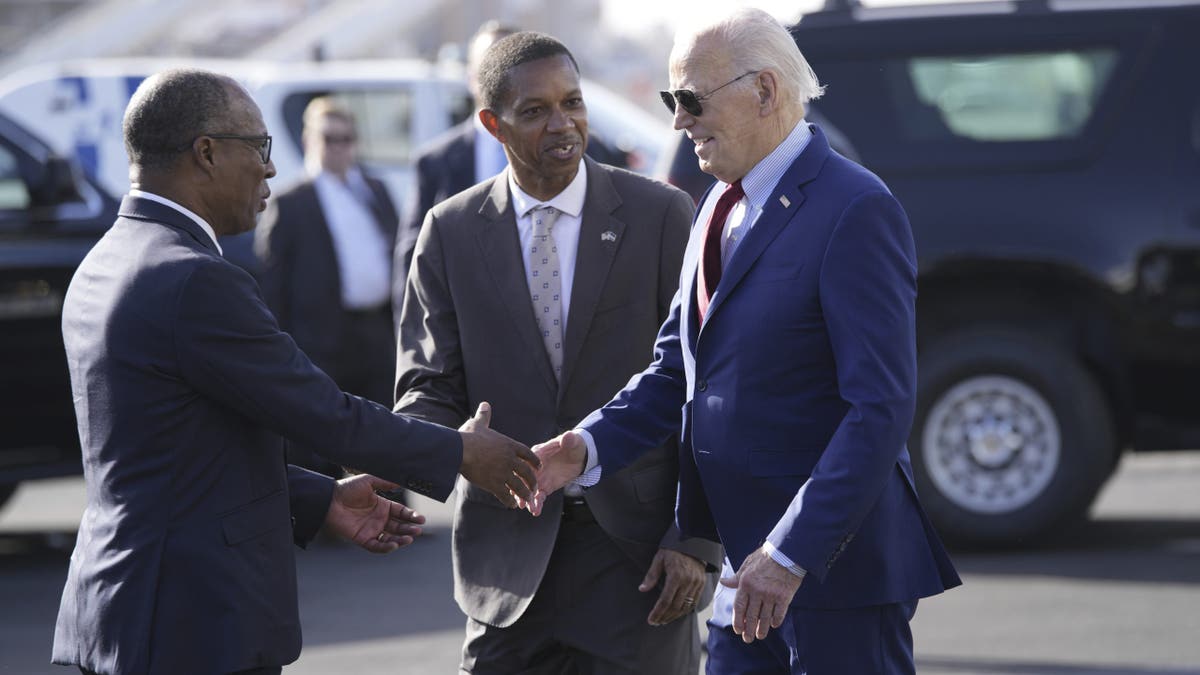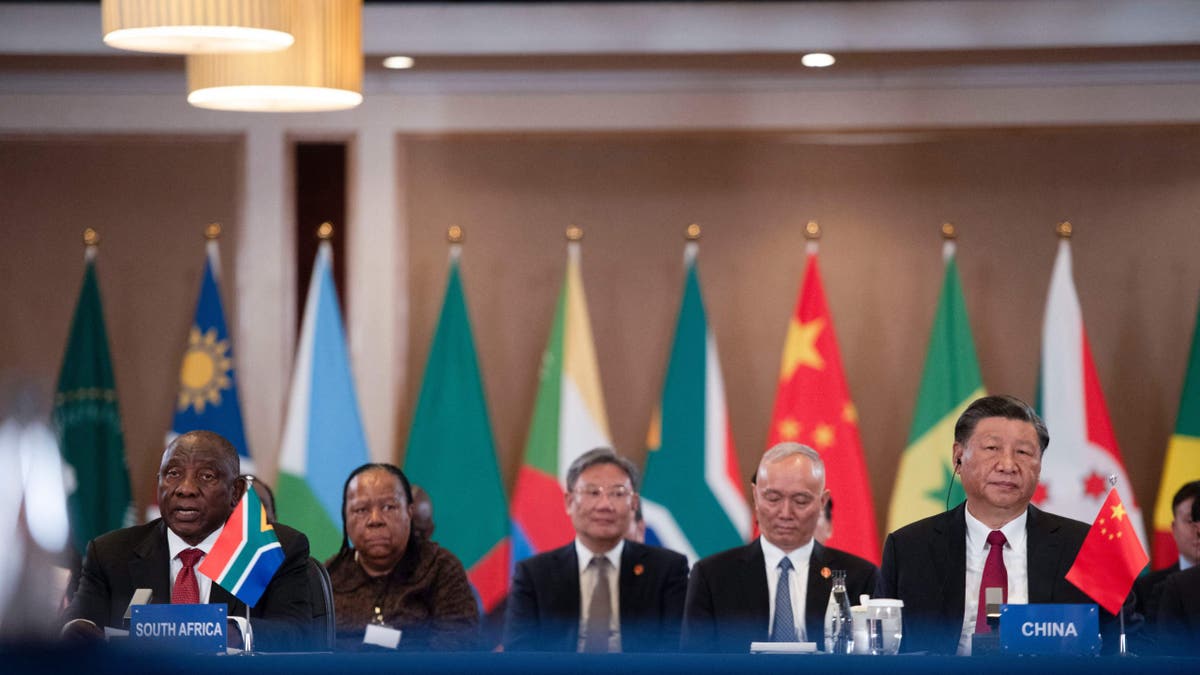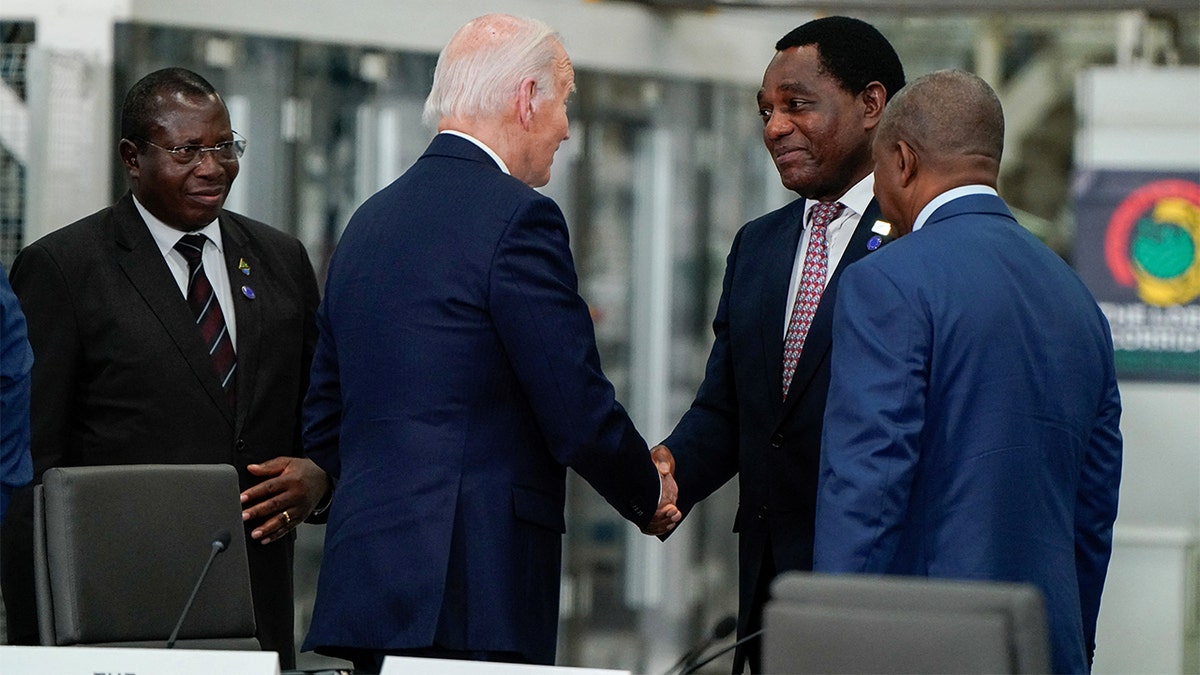President Biden's first presidential visit to Africa, focused on Angola, aims to solidify his legacy on the continent. However, experts question the effectiveness of his administration's efforts in the face of China's growing influence, built over a decade of substantial investment.
Some analysts, like Cameron Hudson, former director of African affairs at the National Security Council, believe Biden's promises of revamped relations with Africa have fallen short. They see little distinction between his approach and that of his predecessors.
Cobus van Staden, managing editor of the China-Global South Project, offers a more nuanced perspective, acknowledging improvements in optics and rhetoric compared to the first Trump term, but questioning the ultimate completion of announced projects. He highlights the Biden administration's focus on coalition-building and critical minerals as a response to China's growing power, but notes limited tangible gains for Africa.

Dr. Frances Brown, senior director for African affairs at the National Security Council, defends the administration's record, emphasizing the significant investment of over 80% of the $55 billion pledged at the 2022 African leaders' summit. Administration officials also point to numerous high-level visits to the continent as evidence of their commitment.
A central piece of Biden's Africa strategy is the Lobito Rail Corridor, an 800-mile railway planned to transport critical raw materials like cobalt and lithium from the Democratic Republic of Congo and Zambia to Angola's Atlantic coast. This project is intended to drastically reduce transit times and secure access to resources crucial for technologies like electric vehicle batteries.

However, China's dominance in the critical minerals sector poses a significant challenge. Dr. E.D. Wala Chabala, a former chairman of Zambia Railways, points out that China already controls a large portion of these resources and leads in EV technology. He also notes China's involvement in upgrading the competing TAZARA railway line between Zambia and Tanzania.


While the U.S. seeks to diversify its access to critical minerals and counter China's influence, Chabala suggests a more comprehensive long-term strategy. He advocates for investing in Africa's vast human and natural resource potential to create counterbalancing economies and future markets for U.S. businesses.


China's significant ownership in DRC mines and its leading role in EV production further complicate the situation. Experts emphasize the need for the U.S. to approach Africa as an equal partner, offering attractive propositions rather than exerting pressure.

The future of U.S. influence in Africa hinges on its ability to compete with China's established presence and offer compelling partnerships that benefit African nations.
Comments(0)
Top Comments